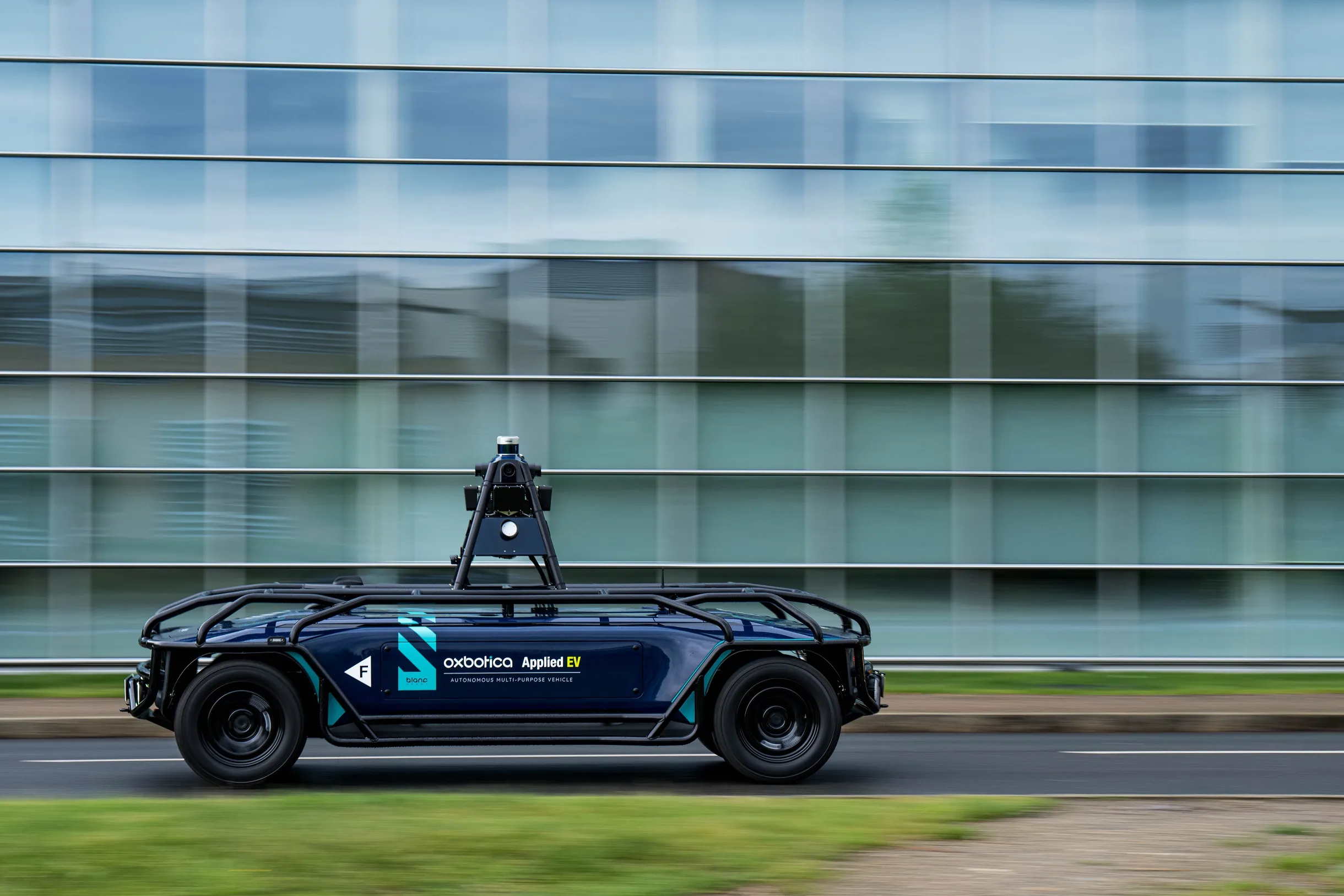
Autonomous vehicle software firm Oxbotica has raised $140 million in to deploy its autonomy operating system in new geographical territories.
Shared passenger transport is among its key targets: in partnership with Applied EV, BP, NEVS and ZF, autonomous passenger shuttles driven by Oxbotica will be launched in 2024.
The company says the Series C investment will drive its growth in North America, Europe, Middle East & Africa, and Asia-Pacific and "accommodates growing demand from new and current shareholders, with additional investors expected to sign on before the funding round closes in a few months".
It says $225 million has been raised to date, with new investors including Aioi Nissay Dowa Insurance Co and Eneos Innovation Partners.
Current shareholders which are re-investing include BP Ventures, BGF, Halma, Hostplus, Kiko Ventures (IP Group), Ocado Group, Tencent, Venture Science and ZF.
“This landmark investment from world-class investors is a tremendous validation of our strategy to apply self-driving technology where there is persistent and urgent demand—in supply chains, industrial sectors and in decongesting our cities," says Gavin Jackson, CEO of Oxbotica.
"We share a common purpose with our investors as well as our growing number of customers and partners to make the Earth move more safely, more sustainably and more efficiently. We’re invigorated by their confidence and are moving quickly to accelerate the benefits of autonomy for everyone.”
Paul Newman, CTO and a founder of the company, said: “Oxbotica was founded eight years ago on the vision of Universal Autonomy - providing safe and sustainable autonomy that is independent of workplace and vehicle type. With the greatest engineering talent and experience, using the best of AI, robotics and the metaverse, we are delivering on that promise to create value for our customers, our communities and our planet."
Oxbotica is already collaborating with Ocado on autonomous goods delivery to fulfil customer orders.
The software-defined vehicle (pictured) from partner Applied EV, driven by Oxbotica, has already operated with no on-board driver on a publicly-accessible road in Oxford, UK.









